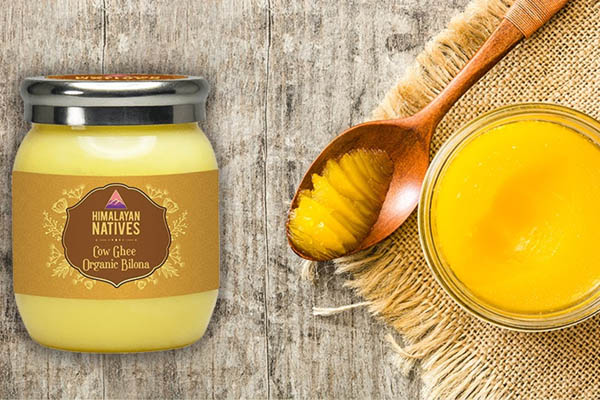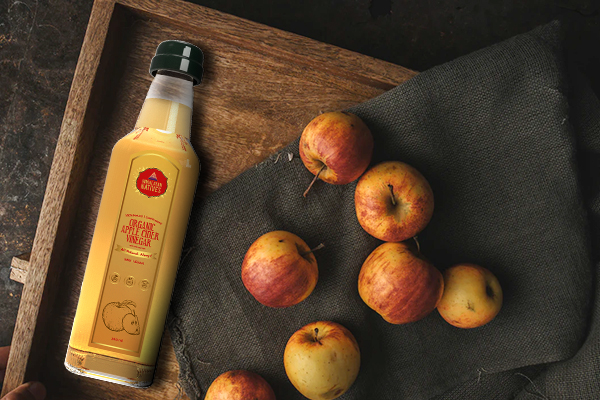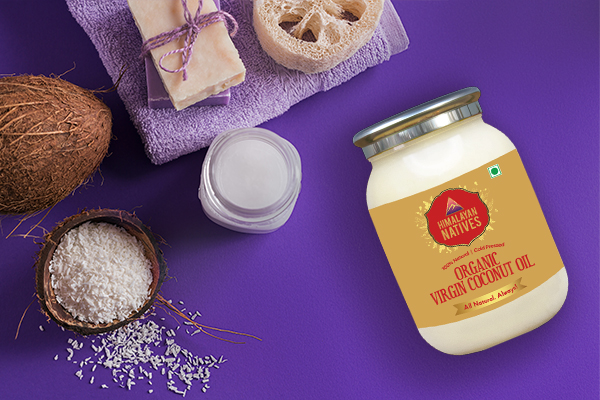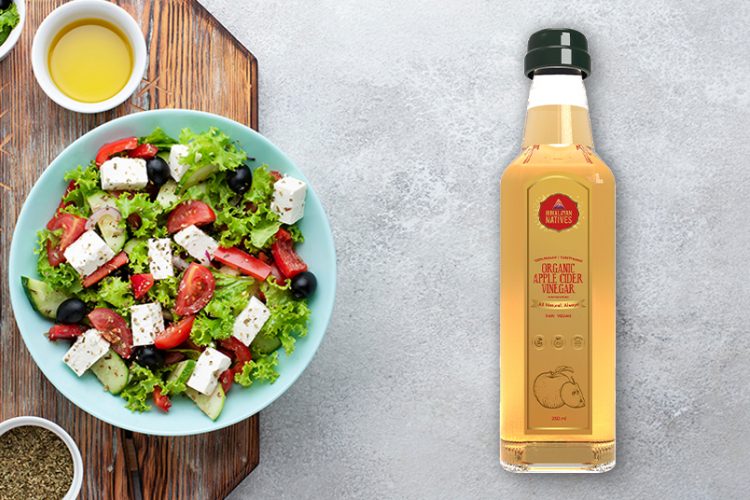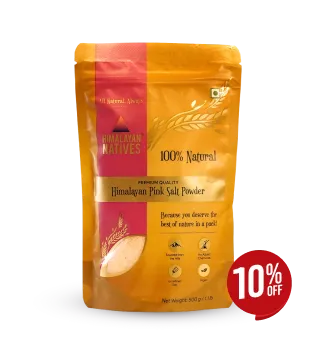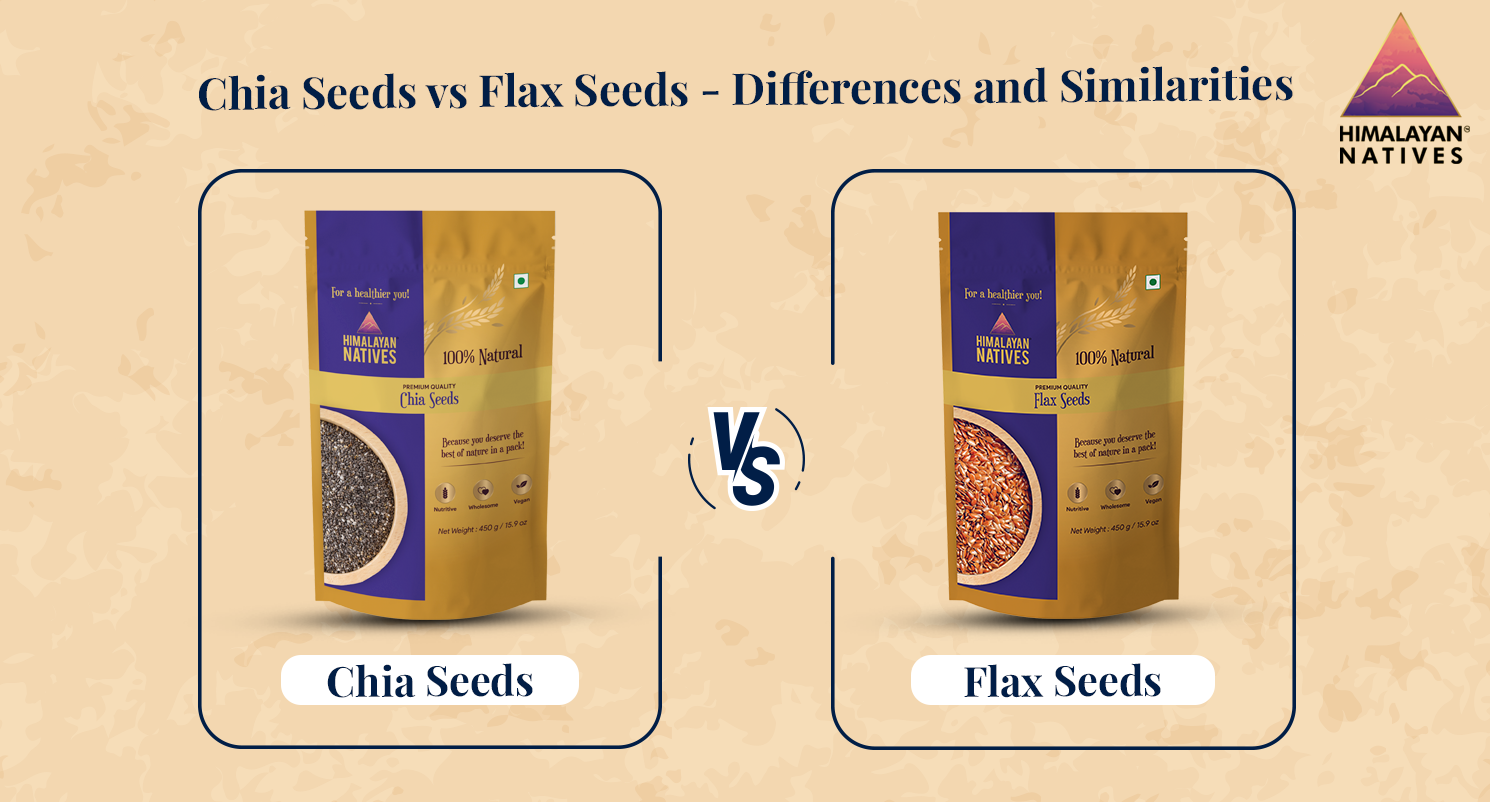
The popularity of superfoods like chia and flax seeds has exploded recently. Due to their high fiber content, omega-3 fatty acids, antioxidants, and other vital elements form the basis of many people's diets.
There are several significant distinctions between chia seeds and flax seeds, although they share many similarities.
Moreover, their ability to add texture and nutritional value to smoothies, yogurts, salads, and baked goods has made them increasingly popular among health-conscious individuals.
Chia seeds and flax seeds are known for their rich omega-3 fatty acid content, high fiber content, and various vitamins and minerals. They are also gluten-free and suitable for vegetarian and vegan diets.
As more people are becoming conscious of their dietary choices, these nutrient-dense seeds have gained attention as superfoods.
This article will compare chia seeds and flax seeds and discuss their respective benefits and drawbacks.
Comparison of Macronutrients
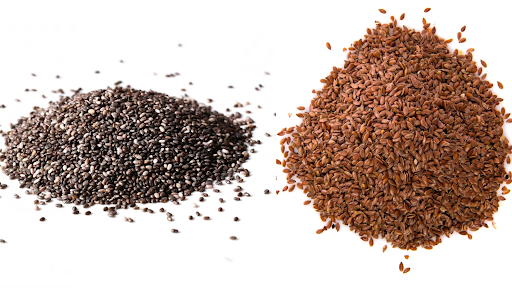
When comparing the macronutrients of chia seeds and flax seeds, both seeds offer amazing high-value nutrients. Flax seeds contain slightly more protein than chia seeds, making them a good option for increasing protein intake.
However, flax seeds have a slightly higher fat content, including a significant amount of omega-3 fatty acids. In terms of carbohydrates, both sources are relatively low, making them suitable for low-carb diets.
Overall, chia seeds and flax seeds are both excellent sources of essential nutrients, but the slight variations in protein and fat content may make one more preferable depending on individual dietary goals and preferences.
1. Fibre Content
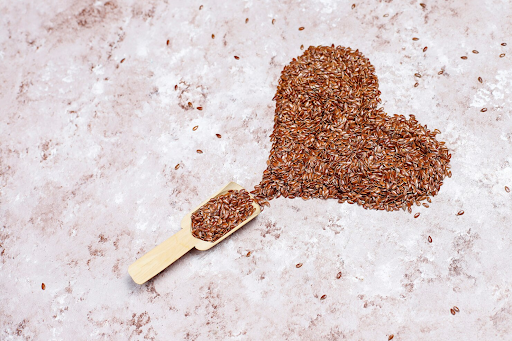
Both chia seeds and flax seeds are good sources of dietary fiber. Dietary fiber is significant in maintaining digestive health, promoting satiety, and reducing the risk of chronic diseases such as heart disease and diabetes. Chia seeds and flax seeds are both excellent sources of dietary fiber.
Chia Seeds Benefits: They are rich in soluble fiber, which transforms into a gel-like substance when it reaches the digestive tract. This substance helps to slow down the rate at which the body absorbs sugar and cholesterol. Chia seeds have 11 grams of fiber packed into every ounce of them. If you want to know in depth chia seeds benefits, read our blog - The ultimate chia seeds guide.
Flax Seeds Benefits: They are gained from having a large amount of soluble and insoluble fiber, which helps maintain regular bowel movements and lowers the risk of constipation. There are 8 grams of fiber in every ounce of ground flax seeds.
2. Essential Fatty Acids Omega-3
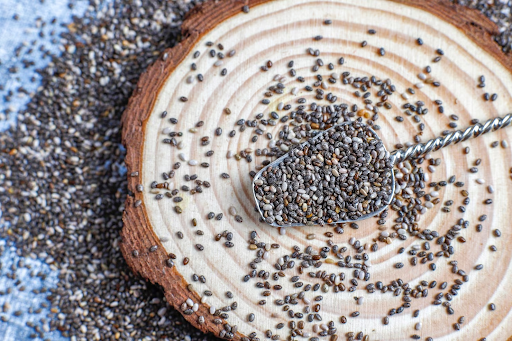
Chia seeds and flax seeds similarities include a high concentration of omega-3 fatty acids, which are considered necessary fats because of their vital function in boosting brain health, lowering inflammation, and preserving cardiovascular health.
Chia seeds are a good source of alpha-linolenic acid (ALA), a type of omega-3 fatty acid that the body converts into EPA and DHA, the active forms of omega-3s present in fatty fish. Chia seeds are also an excellent source of omega-3 fatty acids, including gamma-linolenic acid (GLA) and oleic acid (OA). ALA is present in chia seeds at 5 grams per ounce.
Flax seeds contain the highest alpha-linolenic acid (ALA) of any plant food, with one ounce containing six grams of ALA.
3. Antioxidants
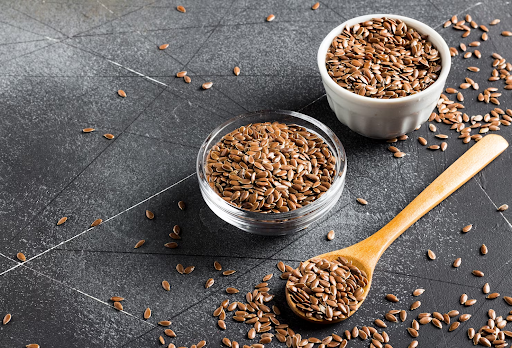
Antioxidants help prevent cell damage and oxidative stress, and both flax and chia seeds similarities include having enough of them.
Anti-inflammatory and cancer-fighting qualities have been attributed to quercetin, kaempferol, and chlorogenic acid, all abundant in chia seeds.
The antioxidant properties of lignans, abundant in flax seeds, have been associated with a lower risk of breast cancer. The phenolic acids and flavonoids in flax seeds aren't the only antioxidants they contain.
Frequently Asked Questions (FAQs):
1. Which Is Better Chia Seeds Or Flax Seeds?
Answer: Since chia and flax seeds have potential health benefits, they are both the same pedestial. Both chia and flax seeds facts state that they are beneficial because of the high levels of fiber, lignans, and protein they contain.
Ultimately, it comes down to taste and dietary restrictions when deciding between the two. Get 100% Natural Seeds at Himalayan Natives.
2. How Much Flax And Chia Seeds Per Day Should You Consume?
Answer: Similarly, the daily recommended amount of ground flax seeds is nearly the same as that of chia seeds. Avoiding intestinal pain requires starting with a small amount and gradually increasing intake.
Be sure to keep hydrated, as both flax and chia seeds facts state that they can swell up when exposed to water in the digestive system.
3. How To Use Chia Seeds And Flax Seeds For Weight Loss?
Answer: You can use chia and flax seeds to help you lose weight by adding them to your meals and snacks to make you feel full on fewer calories. They are versatile and can be used as a crispy topping for roasted vegetables, smoothies, salads, or porridge.
They should be included in a healthy diet but consumed in moderation. Make an amazing Mango chia seeds pudding with this recipe on our Instagram.
Both chia seeds and flax seeds are excellent sources of many different vitamins, minerals, and other elements. Both seeds are helpful and can be added to many dishes, although they have slightly different nutritional profiles and applications.
You can buy flax seeds online along with chia seeds from Himalayan Natives. They are one of the best seed brands in India, offering high-quality products.
The decision between chia and flax seeds should base on individual taste and dietary requirements. Those concerned about calories and fat content may prefer chia seeds, whereas those interested in protein and lignan may prefer flax seeds.
We hope this blog helped you with the nutritional benefits of Chia and flax seeds. Visit our website for more information.
 HELPFUL0 people found it helpful
HELPFUL0 people found it helpful
Related Blogs
Subscribe to Our Blogs
and never miss on the latest update!







